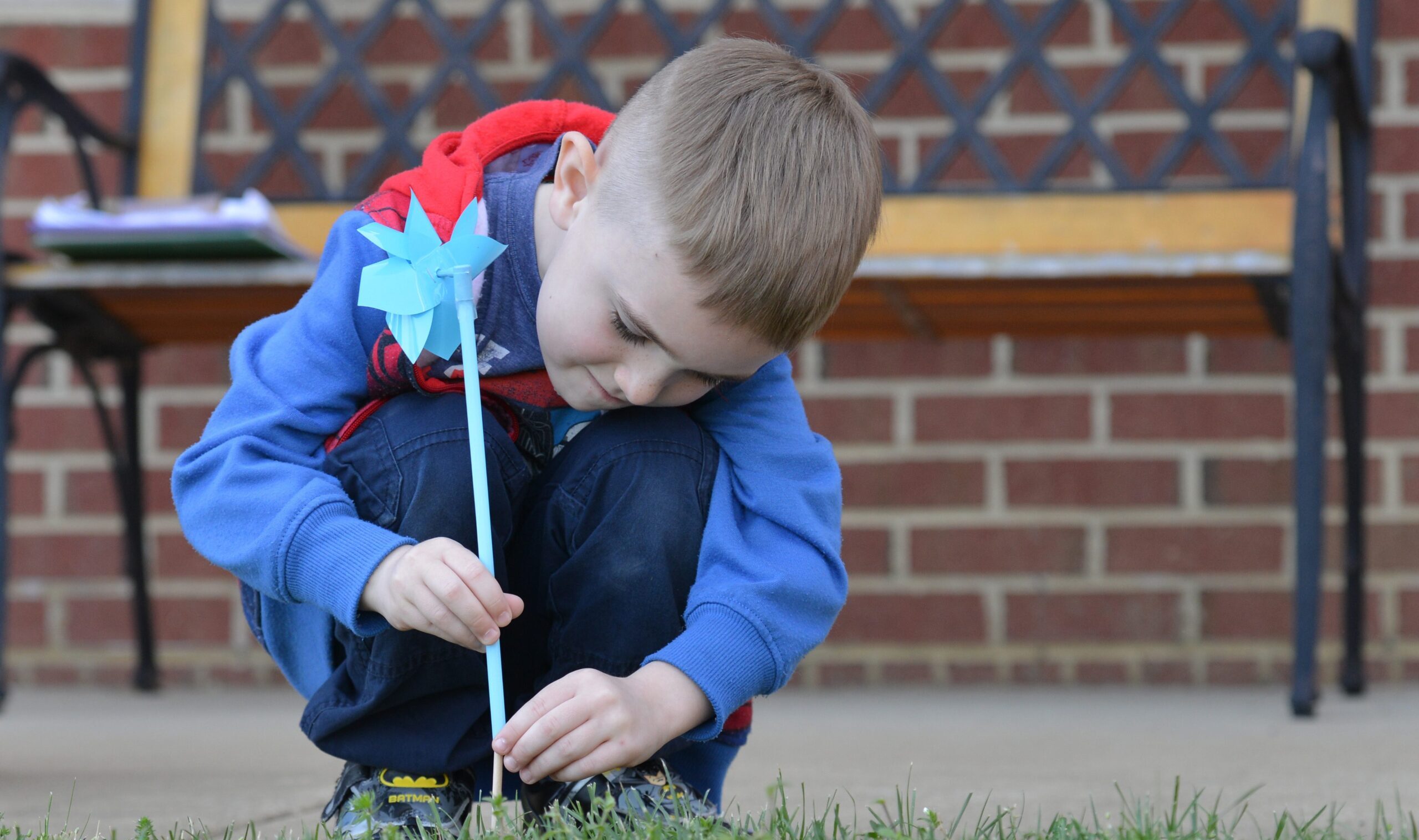By Jason Jowers, MS, MFT
This week’s blog post is a guest blog contribution from Jeff Bright, Family Advocacy Program Supervisor for the Commander, Navy Installations Command or CNIC. Jeff is a licensed clinical social worker and board certified in neurofeedback through BCIA. Jeff presents on topics of Effective Trauma Treatment for Children and Connecting with Your Teen at state and national conferences.
With April being Child Abuse Prevention Month, we reached out to Jeff Bright to provide insight on working with parents and families on the impact of abuse and neglect. Learn more about Jeff’s work via his LinkedIn page.
Aligning with Parents to Support Children Exhibiting Difficult Behaviors
As service professionals who work directly with military families, we have a great responsibility to support the children who accompany service members. Military parents have unique stressors such as deployments, frequent relocations, and the demands of their military duties that require special attention when managing their child’s challenging behaviors. Unfortunately, some children may exhibit difficult behaviors that can put them at risk of harm, especially if left unaddressed. It is our obligation to align with parents and guardians to support their children and prevent abuse or neglect from occurring.
There are three ways we can work with parents to support their children with difficult behaviors:
- Build a trusting and collaborative relationship with parents. Listen to their concerns and understand their perspective, respecting their wishes while using your professional knowledge and experience to guide and advise them. Provide resources to help them understand and manage their child’s behaviors. Showing respect and empathy with parents is a key component for building trust. Verbally recognizing that parenting can be challenging and that every family has unique circumstances and experiences, will go a long way to strengthening collaborative communication.
- Use a strengths-based approach to address the child’s behavior. Behavior is often a form of communication, and children may act out when feeling overwhelmed, insecure about their environment, or not feeling in control of change occurring around them. Identify the underlying cause of the behavior and provide education to the parents on ways to address it. Encourage parents to positively reinforce small desired behaviors; every parent can increase their praise by 3 times or more. Positive reinforcement can include verbal praise, a high-five, or a small treat. When providing praise, it’s important to include a reason for continuing the behavior, for example, “Thank you, Zack, for picking up your toys. When you pick up your toys, it shows that you take care of them and that if you get new ones in the future, you’ll take good care of those too.”
- Communicate regularly with parents to identify any emerging issues or concerns and seek early intervention. From the beginning, establish clear lines of communication with parents. Explain how you will communicate with them, what to expect during appointments, and how to reach you with questions or concerns. Focus on what the child and family are doing well and build on their strengths. Use open-ended questions that encourage parents to share their thoughts and concerns about their child’s behavior. Examples of such questions may include, “How do you feel about your child’s behavior lately?” or “What have you noticed about your child’s behavior that concerns you?”
Preventing child abuse requires a coordinated community response. We must work together to create a safe and supportive environment for children of military families. This means advocating for policies and programs that support families, providing education and training to parents and caregivers, and raising awareness of the impact of abuse and neglect.
By aligning with parents, we can help them feel supported and equip them with the tools they need to manage their child’s challenging behaviors, thus preventing child abuse and neglect. By building trusting relationships, using a strengths-based approach, and communicating regularly, we can identify and address any underlying issues and provide the support and guidance that children need. As service professionals, we have a responsibility to be vigilant for any signs of abuse or neglect and take appropriate action to protect the child. By working together, we can create a safe and supportive environment for all children.
For additional support and resources, reach out to your local Military Family Advocacy Program (FAP). FAP aims to prevent and respond to incidents of child abuse and domestic violence within military families. For more information about FAP, visit Military OneSource’s Family Advocacy Program page.
Jeff Bright, LCSW, BCN
Family Advocacy Program Supervisor
Commander, Navy Installations Command
Washington Navy Yard, DC
We want to thank Jeff for contributing to our OneOp blog posts! For access to all of OneOp’s blog posts, see this list of all our blog posts.
Cover Image: DVIDS [Planting pinwheels raises child abuse awareness by Airman 1st Class Tristan Biese, April 3rd, 2017, CC0]













